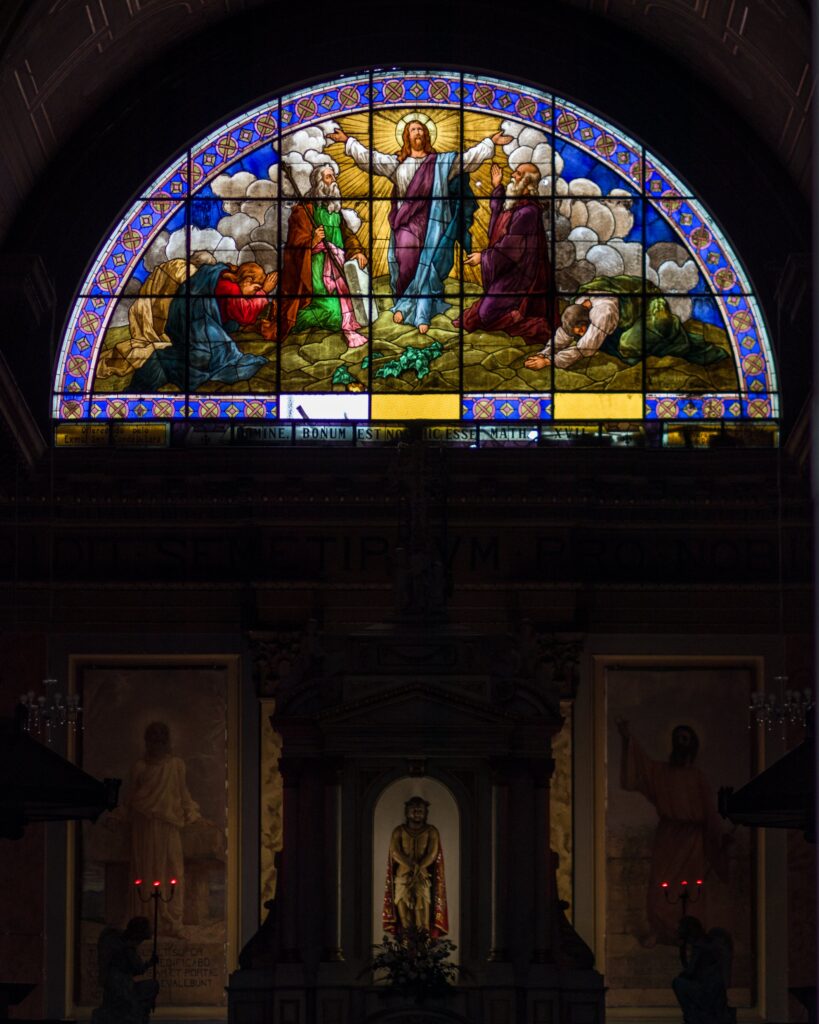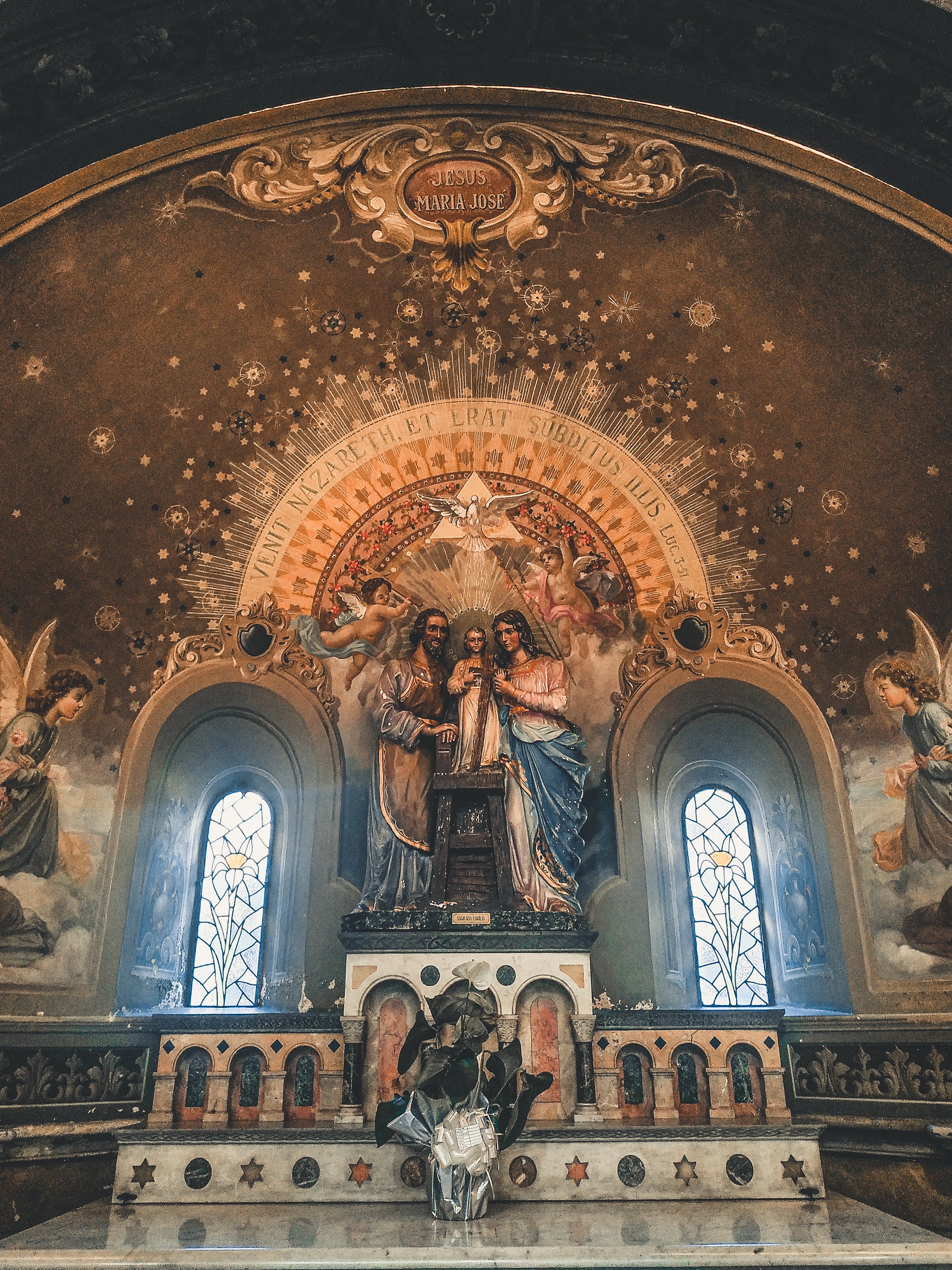Embracing the Magic of Christmas: A Tapestry of Joy
Christmas, woven with the threads of love and tradition, casts a spell of warmth and togetherness worldwide. As festive lights twinkle and carols serenade the air, this season unites hearts in a celebration that transcends borders.
At the heart of Christmas lies the cherished tradition of decorating the Christmas tree. Families gather, adorning trees with lights and ornaments steeped in memories. It’s a collective effort that transforms living rooms and binds generations in a shared experience.
Gift-giving, a hallmark of the season, embodies the spirit of generosity. Choosing and wrapping presents becomes an act of love and the joy of giving. The essence of Christmas is found not just in receiving but in the act of selfless giving.
Christmas celebrates intangible qualities that define our humanity—love, generosity, and shared joy. It’s a season where hearts open more expansive, and the world is bathed in the glow of goodwill. As this annual celebration unfolds, Christmas weaves a magical tapestry of traditions, uniting people in a global symphony of love and togetherness.


Hanukkah, a Jewish festival commemorating the oil miracle, traces its roots to the second century BCE. In the face of Hellenistic oppression, a small group of Jewish rebels, the Maccabees, reclaimed Jerusalem. Upon rededicating the desecrated Temple, they found only a day’s worth of oil for the menorah. Miraculously, it burned for eight days. Hanukkah, meaning “dedication,” symbolizes resilience and faith. Families light the menorah, add a candle each night, enjoy traditional foods like latkes, and exchange gifts. It’s a celebration of light, freedom, and the enduring spirit of the Jewish people.
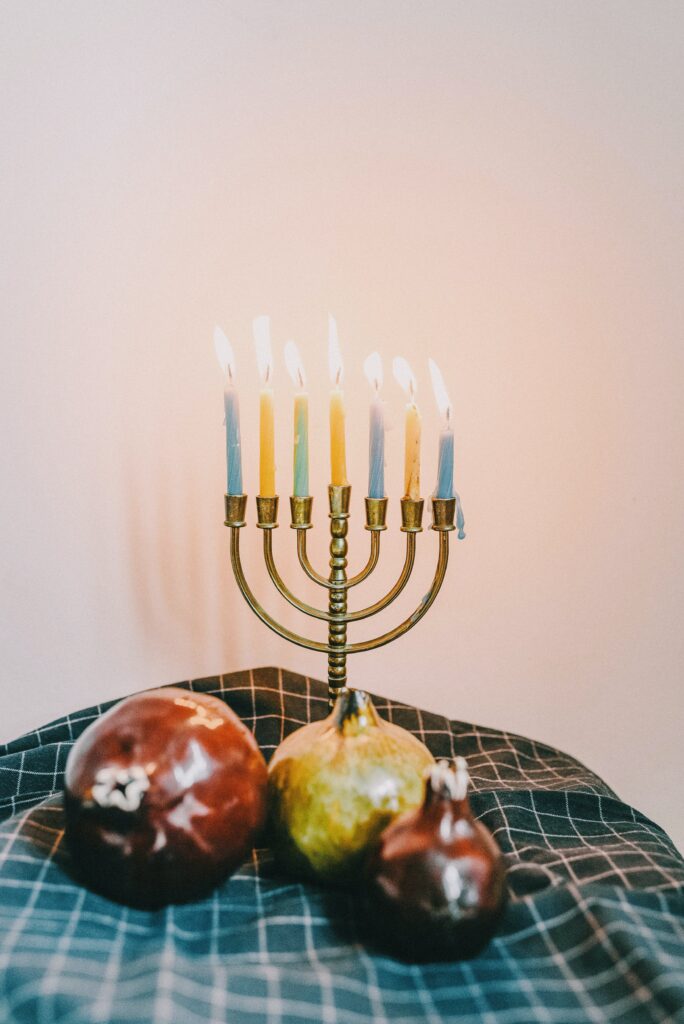
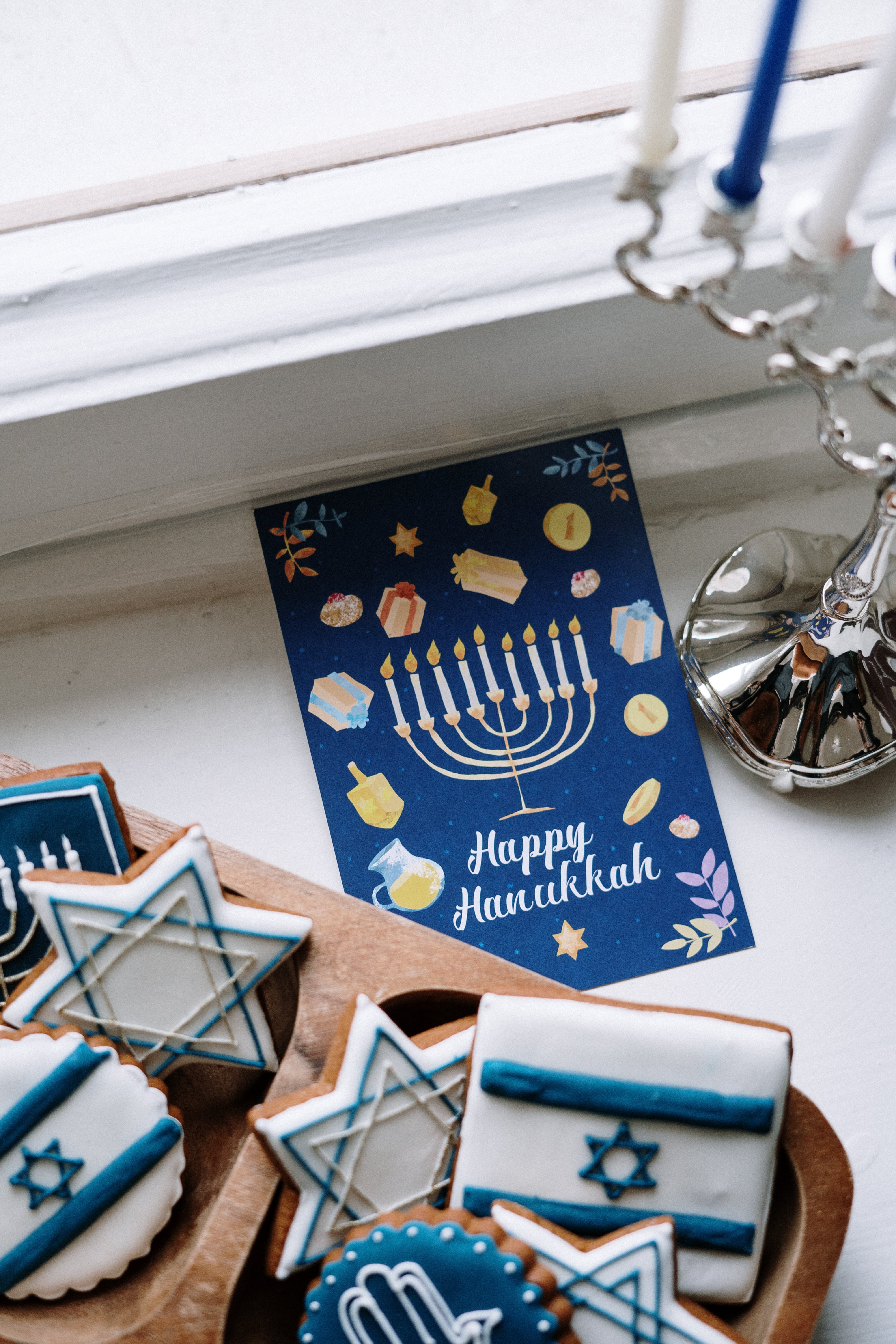
Kwanzaa, a cultural celebration, was established in 1966 by Dr. Maulana Karenga. Rooted in African harvest festivals, it spans seven days, from December 26 to January 1. Each day focuses on a core principle, or Nguzo Saba, promoting unity, self-determination, collective work, responsibility, cooperative economics, purpose, and creativity. Kwanzaa aims to reaffirm African heritage, foster community solidarity, and honor ancestral wisdom. Families light the kinara, exchange symbolic gifts, and participate in cultural rituals. It’s a time to reflect on shared values and principles, fostering a sense of identity, pride, and community among African Americans. Hanukkah, a Jewish festival commemorating the oil miracle, traces its roots to the second century BCE. In the face of Hellenistic oppression, a small group of Jewish rebels, the Maccabees, reclaimed Jerusalem. Upon rededicating the desecrated Temple, they found only a day’s worth of oil for the menorah. Miraculously, it burned for eight days. Hanukkah, meaning “dedication,” symbolizes resilience and faith. Families light the menorah, add a candle each night, enjoy traditional foods like latkes, and exchange gifts. It’s a celebration of light, freedom, and the enduring spirit of the Jewish people.
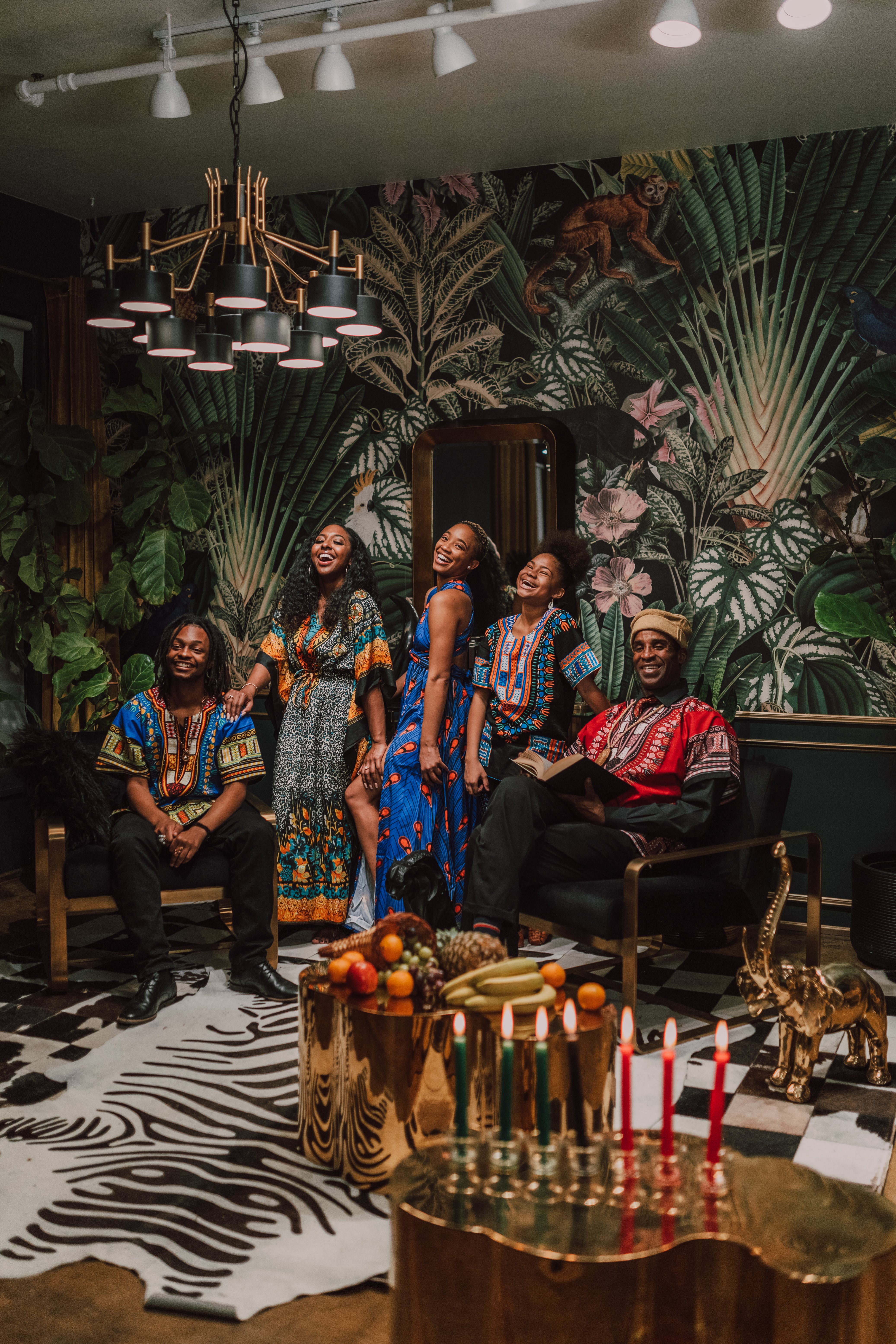
Saint Nicholas Day, celebrated on December 6th, honors Saint Nicholas, a 4th-century bishop known for generosity and compassion. Born in modern-day Turkey, he became a patron saint of children, sailors, and low-income people. Legend tells of his secret gift-giving, such as placing coins in shoes left out to dry. His deeds inspired the figure of Santa Claus. Celebrated in various cultures, Saint Nicholas Day often involves children waking to find small gifts or treats in their shoes. It’s a day to reflect on kindness and charity, embodying the spirit of the historical figure who became a symbol of generosity and goodwill.
